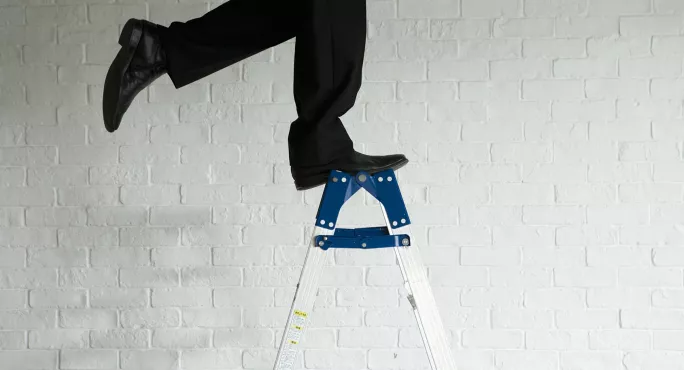‘The higher you go in a profession, the further you are from why you started’.
Over the years this phrase has stuck with me and, having recently moved from being a school leader back to being a teacher, it’s something I’ve been reflecting on a lot.
‘Going higher’ in any field isn’t a bad thing, of course; it simply comes with fresh challenges and rewards. Personally, I’ve loved having leadership roles in three countries, in a wide range of schools.
During my 20 years of teaching internationally I’ve been head of sixth form, head of secondary and principal.
As with any role, each has its own pros and cons; senior leadership requires a broader vision that can help shape a school’s direction through strategic planning, but inevitably means less classroom time.
When I became principal at a school in Japan, it had just launched a middle school and high school offering IB’s MYP and IB Diploma.
This meant numerous chances to develop the school; nearly everything we did was a ‘first’. It worked - our initial cohort did brilliantly, we won an award for service learning and we had strong community support.
Missing classroom contacts
However, establishing new programmes, recruiting staff, launching marketing projects and creating new systems meant less time directly supporting students.
Although I welcomed everyone at the gate each morning and went on regular learning walks, it’s not the same buzz as having your own class. And it’s that buzz I missed.
It was this that made me realise the next step in my career wasn’t upwards or sidewards - instead, I needed to return to my teaching roots.
Of course that meant applying for jobs that on paper would seem an odd fit for me - and indeed, several interviewers inevitably mentioned this.
More leader and international school content
Pull, not push, factors
When those questions arose I spoke about how the decision was based on pull factors towards teaching, rather than push factors away from leadership (and, to be fair, there weren’t many).
This meant the conversation remained focused on where I wanted to go next rather than where I’d been. It is clear I am not the only teacher to do this either.
One recruiter told me of an educator who deliberately alternated between teaching and leadership roles as being in the classroom was simply the part of the job they loved the most, and it made them more effective when leading on teaching and learning.
I related to that and, although I had several offers of headships and senior leadership roles, I turned them down as I was most excited by the thought of teaching at a leading school in Bangkok, Thailand.
One of my first tasks is to develop a unit on short stories by Black, Asian and/or minority ethnic writers then plan some IGCSE poetry, and the idea of thinking about pedagogical approaches, sharing my passion for language and literature, and supporting students - essentially the reasons why I started - is already filling me with excitement.
There may well come a point when I’d like to return to a leadership role but, for now, my focus is on the best part of the job - being in the classroom.
So if you are someone wondering what the next step in your career should be - don’t assume you always have to look up.
Mark Beales is a former school principal who currently teaches at King’s College International School Bangok





